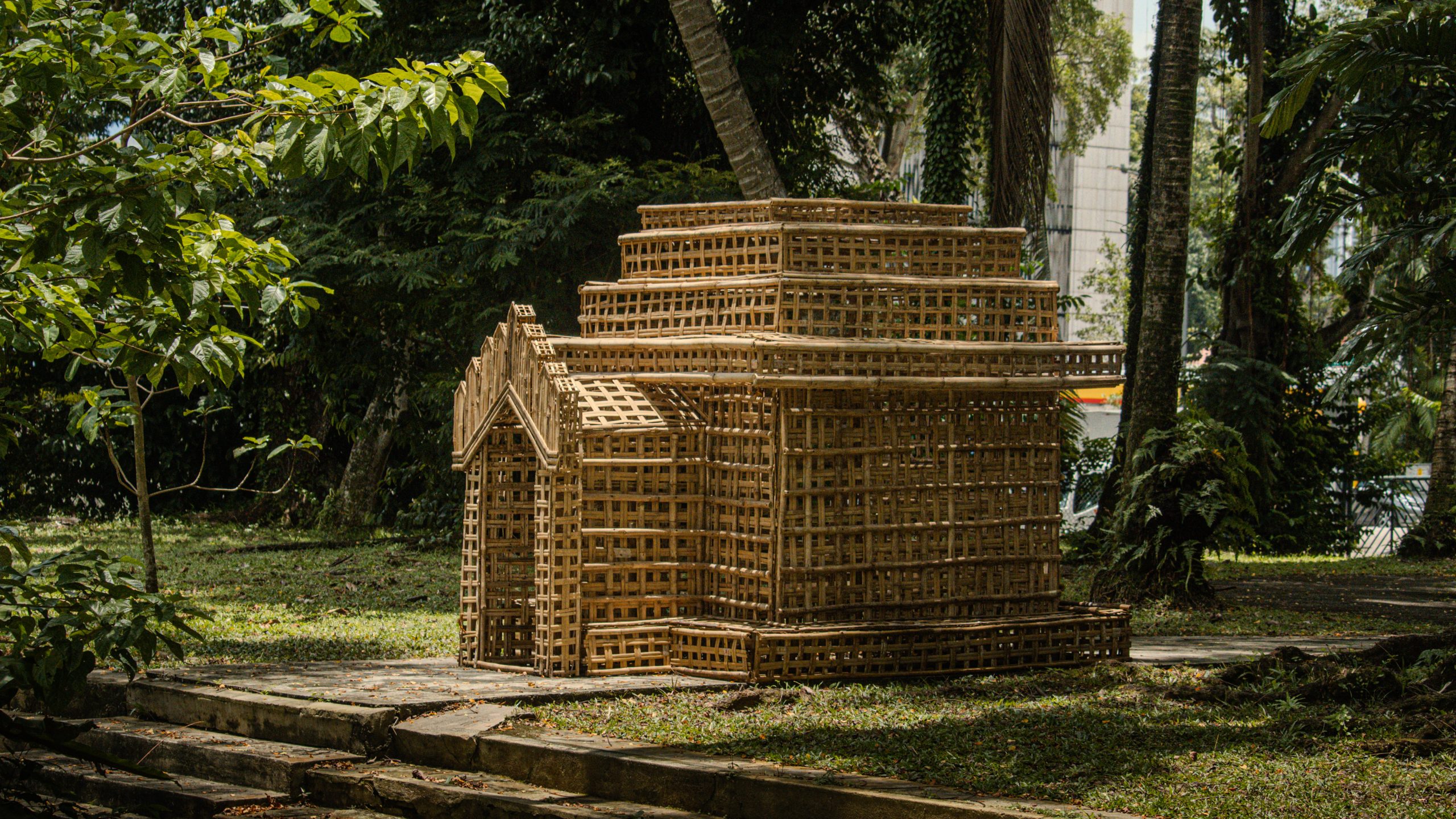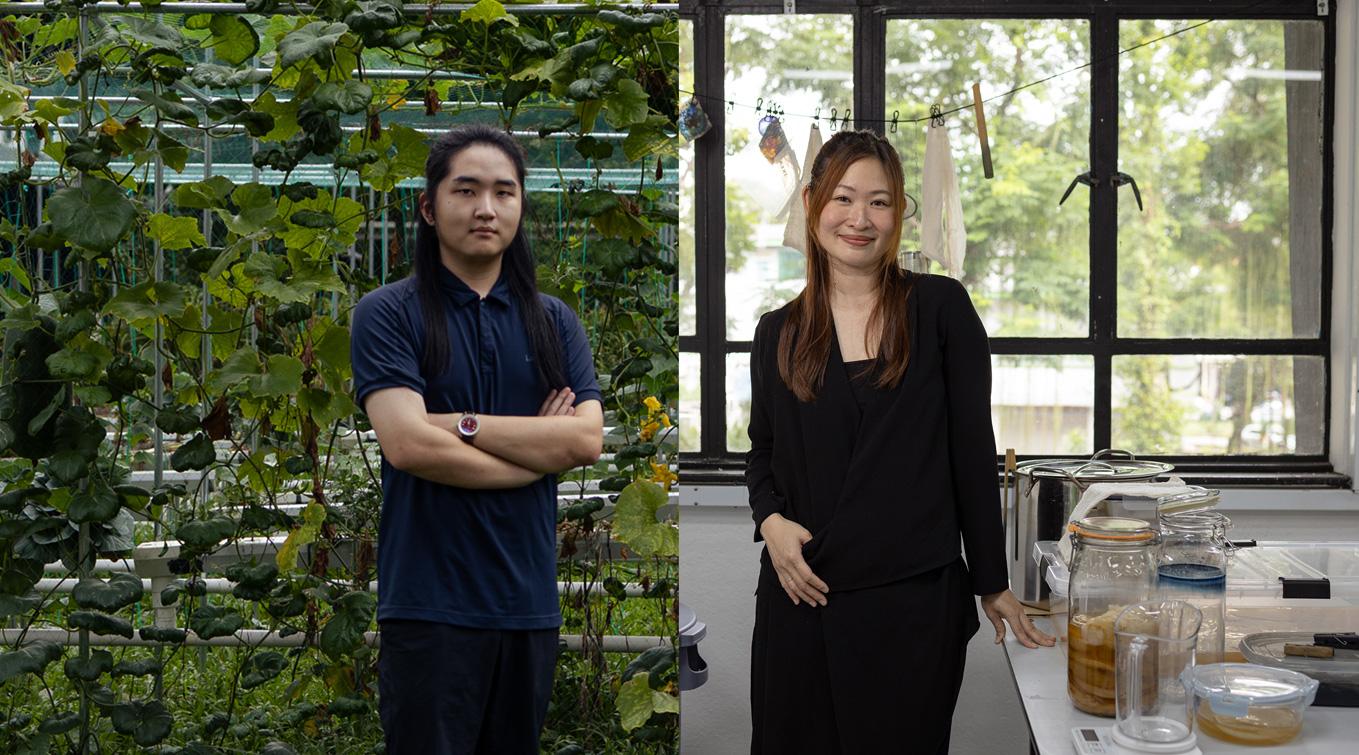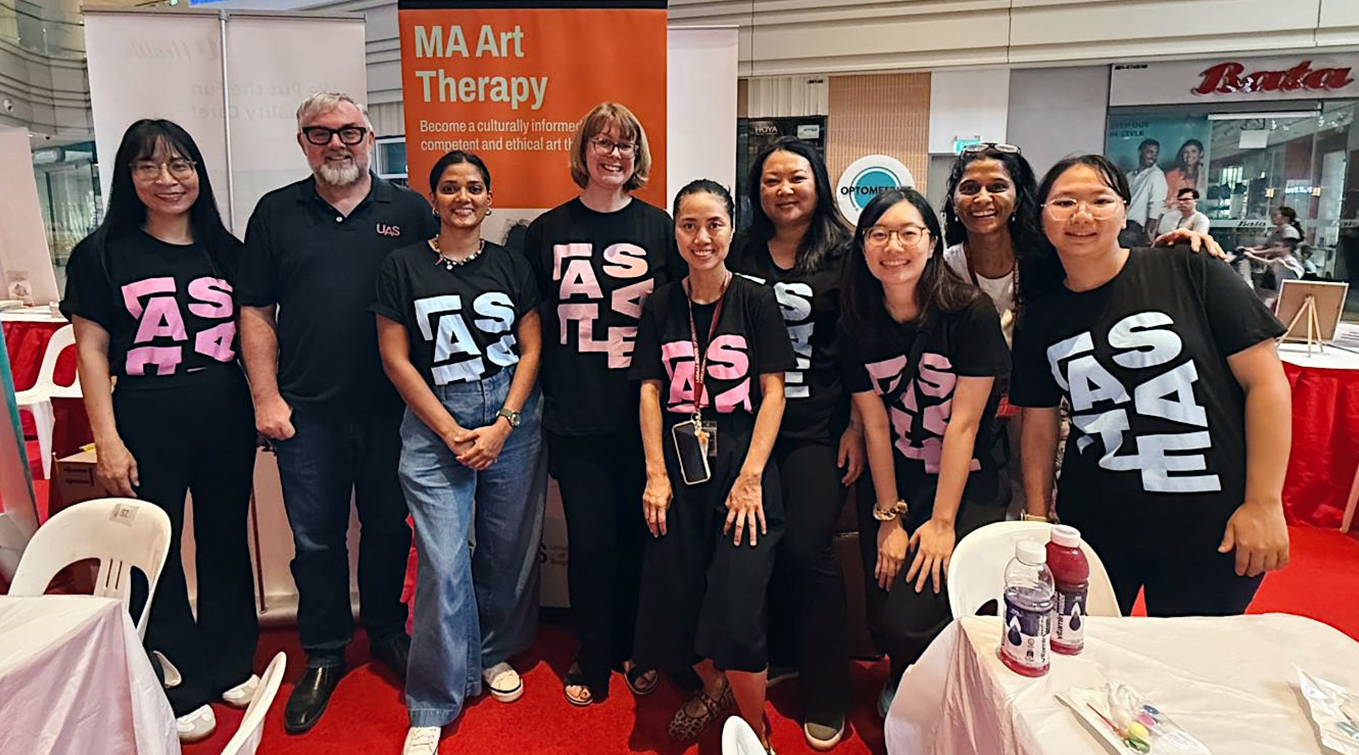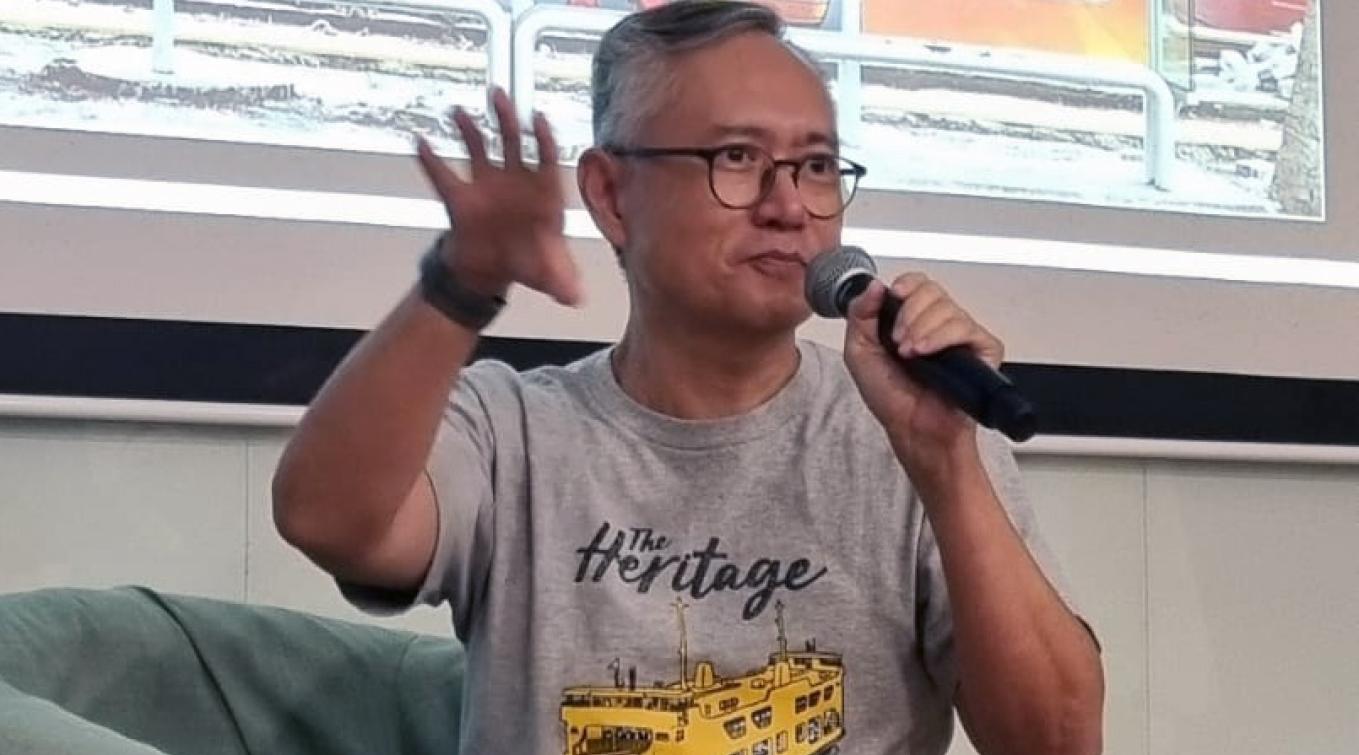In conversation with: Joelyn Yep on being a practitioner-manager
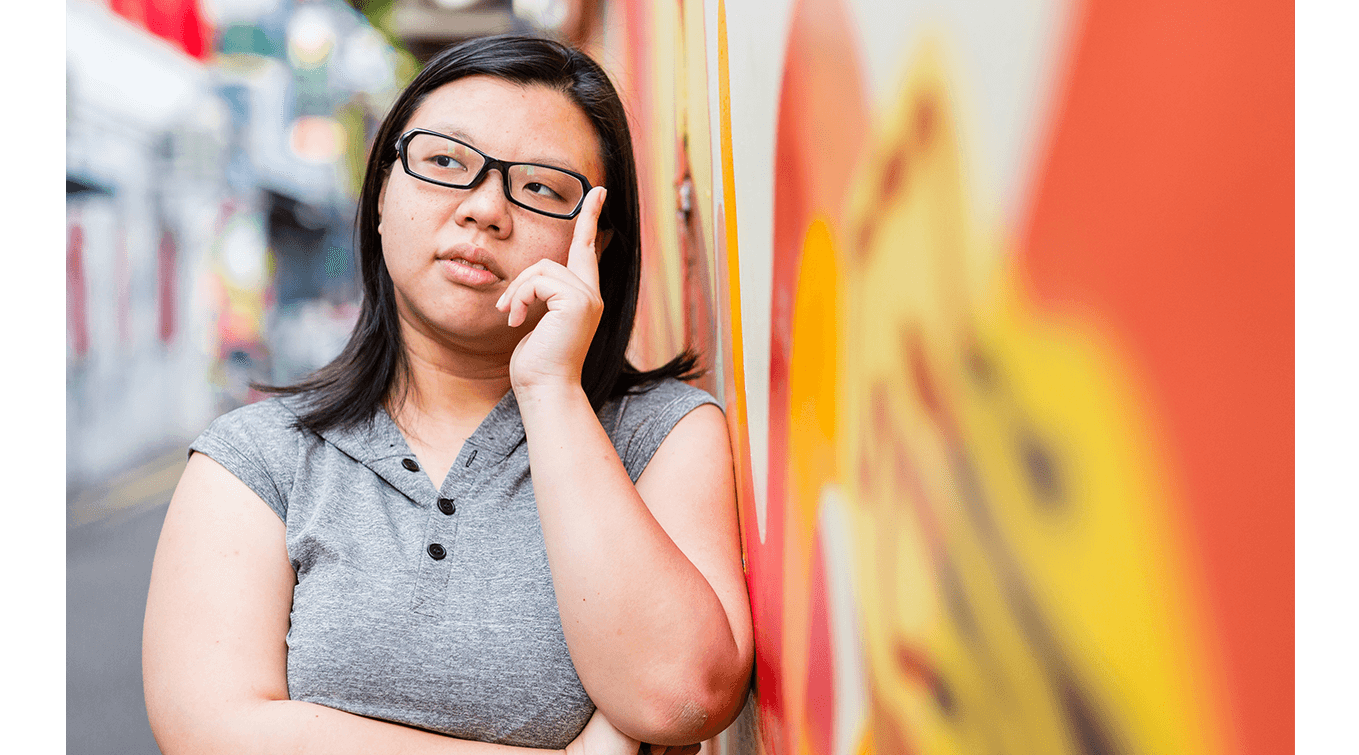
It may have come as a surprise to some when writer Joelyn Yep applied to LASALLE College of the Arts’ MA Arts and Cultural Leadership programme in 2019. Being a self-published author of speculative and thriller fiction who had worked extensively in publishing, the MA Creative Writing programme might have seemed like a more intuitive choice for Joelyn.
But as Joelyn points out, “Being a practicing artist requires having some degree of entrepreneurial skill sets. If you’re an independent creator, you have to prepare, pitch and sell your wares or services for a living – whether it’s to a publisher, gallery, or theatre company. Being able to think like an arts manager helps you to see things on a process or structural level that may have been overlooked if you were purely focused on creating.”
It was this desire to develop as a practitioner-manager and her research interest in the needs of self-published authors in Singapore that swung her decision to the MA Arts and Cultural Leadership programme. Joelyn also benefited from the unique interdisciplinary approach for LASALLE’s postgraduate programmes, which allowed her to take a poetry elective with the MA Creative Writing programme during the course of her studies.
We spoke to Joelyn to find out more about how her MA studies has made her a more effective practitioner-manager, the Singaporean obsession with quality and excellence, as well as why we shouldn’t overly fixate on discovering the Great Singapore Novel.
How do you think being both a practitioner and also an arts manager helps you in your work?
It is always helpful to diversify your skill sets. I’ve learnt as an independent writer that you need practical skills in administration, documentation, scheduling and budgeting. I’ve aided in organising and participating in comics and creative writing events, so it’s been beneficial to develop project management skills as well.
Being familiar with industry processes from the perspective of an arts manager also helps with career development. Knowing the process of how a novel goes from concept to publication helps exponentially to keep me motivated and know what my next steps should be after the completion of a manuscript – a stage where many writers may get stuck.
How has the MA Arts and Cultural Leadership programme developed you as a practitioner-manager?
Before considering my MA studies, I had an idea for a management service or consultancy aimed at assisting self-published fiction authors in Singapore with career sustainability and development. The programme enabled me to do further research into the feasibility of this idea, by analysing gaps and opportunities in the local literary arts ecosystem through interviews with other self-published authors and staff from literary arts organisations.
I was also looking to strengthen both my knowledge and networks as an independent arts practitioner and it helped to be able to plug into the vast networks that the College and the programme have provided.
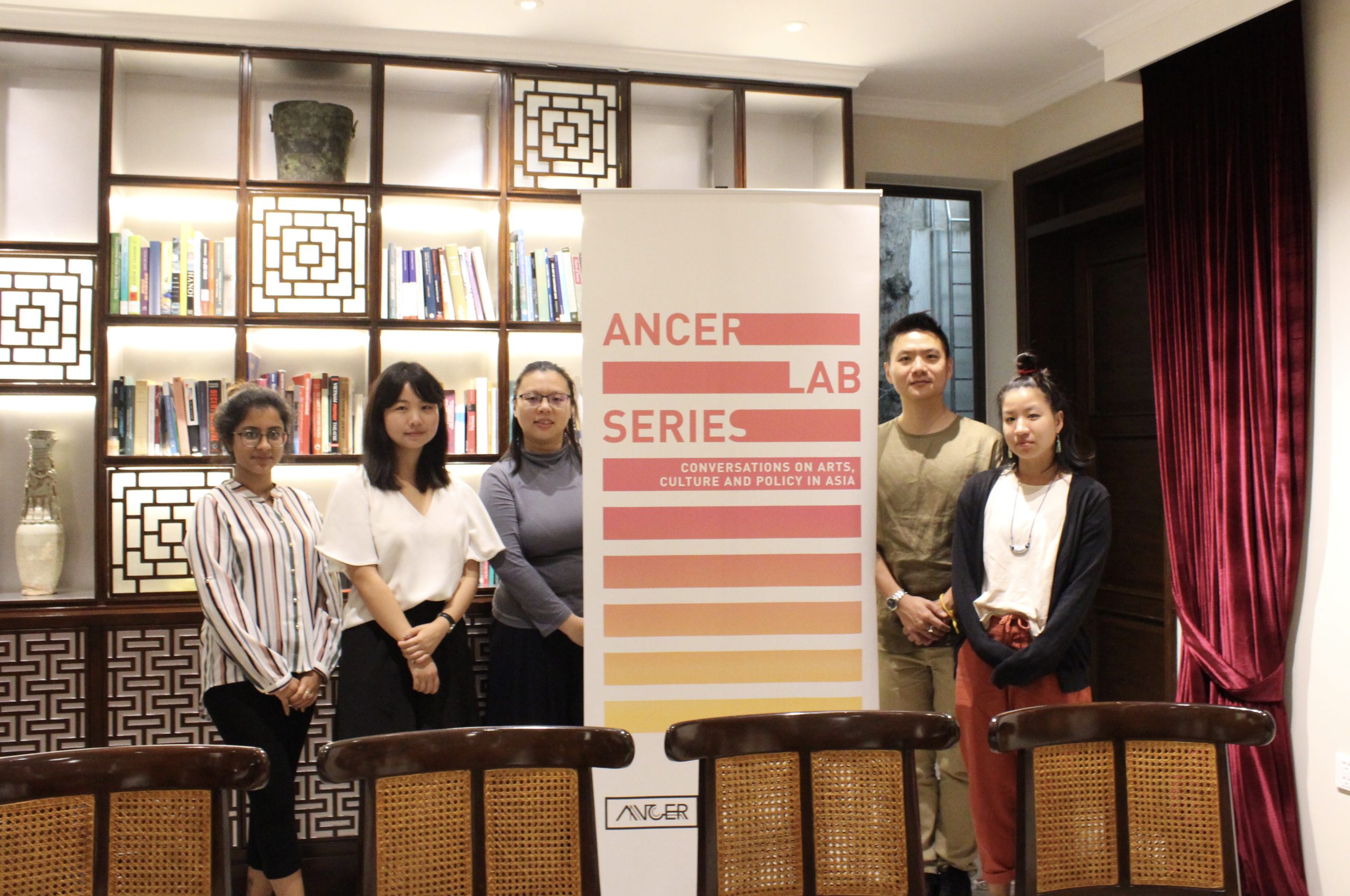
Joelyn (third from left) and her classmates at ANCER (Asia Pacific Network for Cultural Education and Research) Lab 2019 held in Ho Chi Minh City, Vietnam.
What was it like doing a creative writing poetry elective during your MA studies?
It was a great opportunity to engage in cross-discipline discussion, as you get to look at issues and practices through different lenses. As a writer, I’m more comfortable with writing speculative prose, so the poetry elective helped to push me out of my comfort zone. I made more writer friends, grew a greater appreciation for creative writing as a craft and also developed a broader view on the needs of writers. It clarified my arts management research about the gaps between practice and management in the literary arts, while strengthening my understanding of storytelling across genres and platforms.
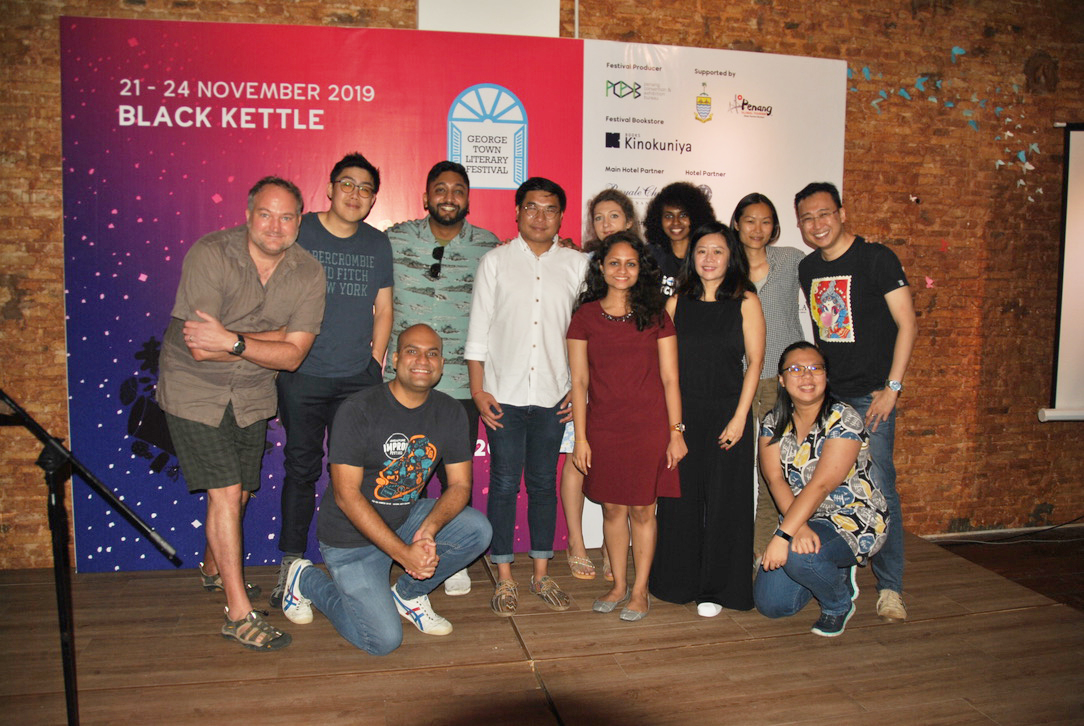
Joelyn (front row, first from right) read her poetry at George Town Literary Festival 2019 alongside her MA Creative Writing peers.
What are your hopes for the literary sector?
As a practitioner-manager, I think we need to work on three things: proactivity, accessibility and appreciation.
In Singapore, there’s a culture of quality – anything we do, we have to do it well in a structured manner, and we get our stamp of approval when we get accolades. Because experimentation carries a monetary, time, or social penalty, artists can be discouraged from experimenting, and in turn, be influenced by an attitude that’s afraid of failure or ‘losing face’. While this attitude is less prominent now, there’s still that pressure to ‘do things once, do them well, or don’t do them at all’.
So proactivity applies across creators, audiences and organisations. Creators should experiment, audiences have to give new works a try, and everyone should be more forthcoming with support, conversations or action. Instead of waiting for an audience to come to your work, or an award-winning work to come to your radar, why not actively build audiences or explore our local arts through self-formed groups, social media or personal networks?
With regards to accessibility, I think there are several obstacles in getting literary works to audiences. There are limitations of resources (not all authors have access to distributors), censorship and gatekeeping, as well as affordability and what audiences are willing to pay. There needs to be a conversation within the literary community about how we can make the widest variety of work available to audiences whilst still being financially sustainable.
And lastly, appreciation. For the longest time, I was raised with the idea of ‘if it’s from Singapore, it’s guaranteed to be bad’. Cultural cringe is an issue that the arts community battles with constantly. The consequence is that the sector tries to stick to titles that are more likely to win international awards and winds up rejecting genre writing like speculative or fast fiction. While it is highly aspirational for the Great Singapore Novel to arise within this generation, let’s not forget to appreciate how titles inspired by genre fiction like the Hunger Games, Fullmetal Alchemist or Dungeons & Dragons have relevance in the ecosystem as well.
What would be your advice/encouragement for anyone thinking of applying to the MA Arts and Cultural Leadership programme?
Have an idea of why you would like to be in the programme or what you would like to accomplish, but also be open to branching out beyond your comfort zone. There are many practices and processes outside of the creative work we do in each arts sector and art form, and arts management can help to provide a global perspective of how these disparate concepts and ideas could relate to our creative practice.
Apply now for our postgraduate programmes.




